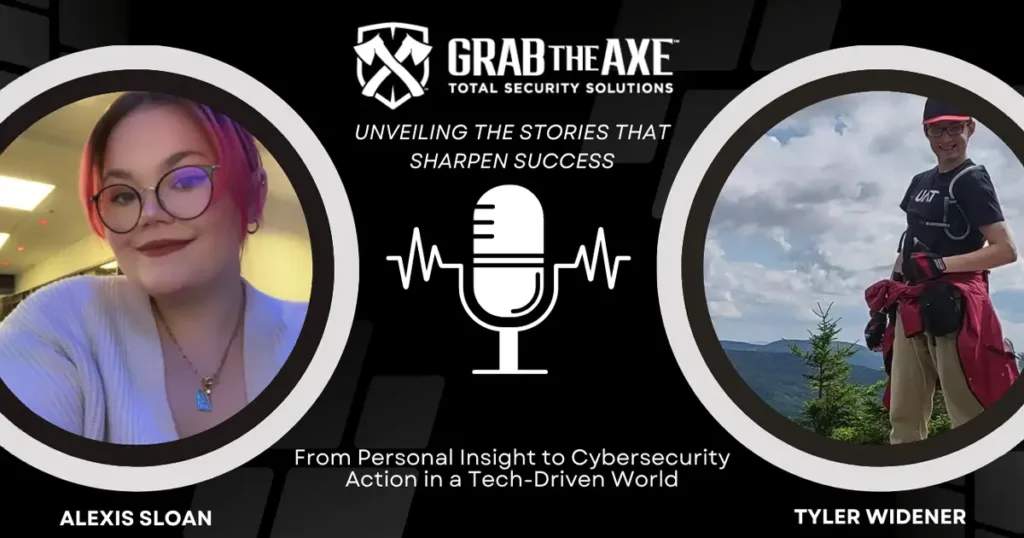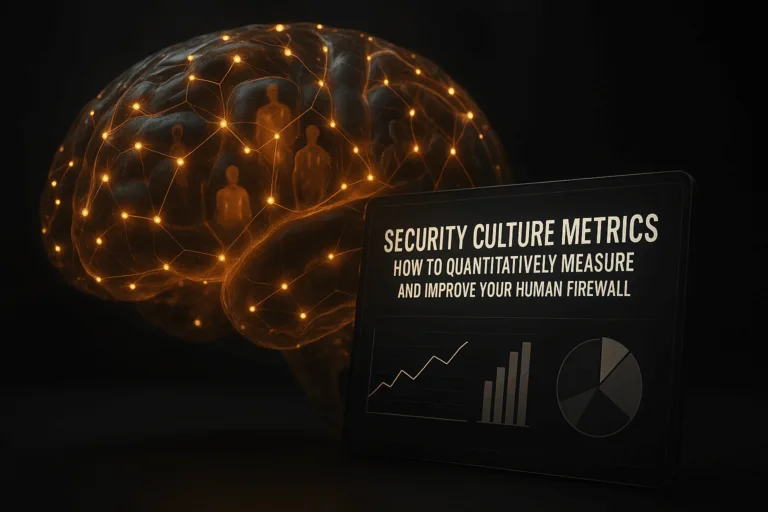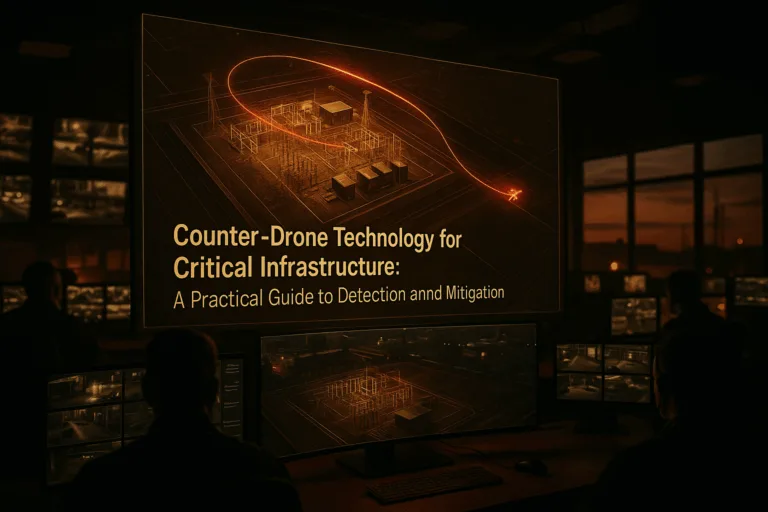Introducing Tyler Widener, a robotics major with a distinct viewpoint on the dynamic field of cybersecurity. In this “Grab the Axe” interview, Tyler opens up about his personal security precautions, views on internet safety, and future prospects for cybersecurity.
Tyler responds quickly when asked to define cybersecurity: “Cybersecurity refers to the safety of digital information.” This succinct explanation lays the groundwork for his strategy for protecting his digital assets in the broad internet space.
Tyler admits that despite his proficiency in robotics, he hasn’t worked on any cybersecurity-related projects. Recognizing his lack of expertise in the industry, he decides against taking risks in areas where he lacks confidence.
Tyler generally uses two-factor authentication, especially for sensitive data, and uses strong passwords as his primary security measures. His awareness of the critical role these steps play in preserving digital security is reflected in his practical approach.
Tyler’s Practical Security Tips
Unlike many who follow cybersecurity news sites religiously, Tyler acknowledges that he does not actively stay up to date on the most recent advancements in the industry. His strategy to dealing with phone scammers is simple: he uses technology, like the “scam likely” feature, and takes a no-nonsense stance by swiftly identifying and rejecting unsolicited calls or messages.
According to Tyler, cybersecurity will keep developing in the future for both hackers and defenders. He anticipates more advanced security measures, but he thinks hacking and security will always coexist in balance. He anticipates a wider range of possible targets for cybercriminals.
Tyler bases his personal security approach on trust: he has faith in his passwords and steers clear of any activity that could pique the curiosity of a hacker. Physically speaking, he stresses the need of guarding doors and has strategies in place for home defense, highlighting the significance of a comprehensive approach to personal safety.
Tyler thinks the school is safe, at least from little dangers, even in light of possible cyberthreats. This viewpoint exhibits a certain level of trust in the educational setting’s security framework.
Tyler Widener concludes by providing a sensible and practical viewpoint on cybersecurity. His focus on core security procedures, realistic expectations for the future, and all-encompassing approach to personal security offer insightful perspectives into the thinking of a robotics student navigating the digital world. People like Tyler add to the continuing conversation about protecting our digital identities as technology advances. Keep checking back for more fascinating perspectives on the wide-ranging field of cybersecurity.
Interview Conducted by UAT Student Alexis Sloan, Connect and Learn more LinkedIn STEM for Kiddos https://stemforkiddos.godaddysites.com/ Instagram @stem_for_kiddos
Connect and learn more about Tyler Widener
To Learn More:
IoT Security Solutions: Navigating Challenges for a Safer Tomorrow
For more information on UAT:
University of Advancing Technology in Tempe, Arizona
Cybersecurity Program
UAT’s cybersecurity degrees are recognized for their excellence, with programs including undergraduate studies in Network Security, Network Engineering, and Technology Forensics, as well as a graduate program in Cyber Security. These programs are designed to propel graduates to the forefront of the industry, equipping them with the skills needed to become ethical hackers and cybersecurity professionals. The undergraduate Network Security degree emphasizes proactive techniques to protect information systems against potential exploitation, covering areas such as penetration testing and the development of exploits for identified vulnerabilities.
- Cyber Security (MS): Cyber Security Degrees at University of Advancing Technology
- Network Security (BS): Network Security Degree at University of Advancing Technology
- Technology Forensics (BS)
- Network Engineering (BS)
Business & Innovation Programs
UAT offers advanced degrees focusing on the intersection of technology and business, aiming to foster innovation and leadership skills. These include Business Technology, Technology Innovation, Technology Leadership, and Technology Studies, each designed to prepare students for leadership roles in technology-driven environments.
- Business Technology (BS)
- Technology Innovation (MS)
- Technology Leadership (MS)
- Technology Studies (BS)
Creation & Simulation Programs
For those interested in the creative aspects of technology, UAT offers degrees in Digital Maker and Fabrication, Human Computer Interaction, Robotics and Embedded Systems, and Virtual Reality. These programs are geared towards students looking to innovate in digital creation and simulation.
- Digital Maker and Fabrication (BS)
- Human Computer Interaction (BS)
- Robotics and Embedded Systems (BS)
- Virtual Reality (BS)






This Post Has 2 Comments
Pingback: Robotics Cybersecurity: Protecting the Future with UAT’s NeAndrea Harris
Pingback: Expert Strategies in Cyber Threat Mitigation: Insights from UAT’s Marcos Xochihua
Comments are closed.